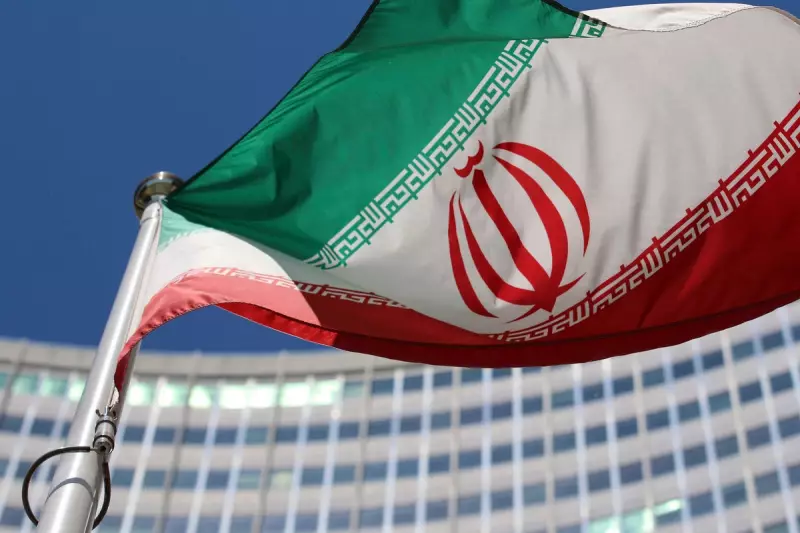
In a dramatic escalation of tensions with the West, the Islamic Republic of Iran has taken the provocative step of banning several experienced inspectors from the United Nations' nuclear watchdog. The move deals a severe blow to international efforts to monitor Tehran's atomic programme and raises fears of an accelerated push towards nuclear weapons capability.
A 'Disproportionate and Unprecedented' Move
The International Atomic Energy Agency (IAEA) has condemned Iran's decision, labelling it "disproportionate and unprecedented." The agency confirmed that Tehran had effectively revoked the accreditation of multiple seasoned inspectors, critically hampering its ability to conduct essential oversight. This action is seen as a direct retaliation for criticism from the United States, Britain, France, and Germany regarding Iran's escalating nuclear activities.
"The situation is now on a knife-edge," a senior diplomatic source told The Independent. "By removing the eyes and ears of the international community, Iran is moving into dangerous and uncharted territory."
Retaliation and Rising Tensions
The decision appears to be a direct response to a joint statement issued by Western powers at the IAEA's Board of Governors meeting last week. The statement criticised Iran's lack of cooperation, particularly concerning traces of uranium found at undeclared sites. In a familiar pattern of tit-for-tat diplomacy, Iran's foreign ministry spokesman, Nasser Kanaani, stated the ban was a response to what Tehran perceives as an "abuse" of power by the US and its European allies.
This latest development is a significant blow to the already moribund 2015 nuclear deal, known formally as the Joint Comprehensive Plan of Action (JCPOA). The agreement, which placed strict limits on Iran's nuclear activities in exchange for sanctions relief, has been in tatters since the US unilaterally withdrew under the Trump administration in 2018.
The Stakes for Global Security
- Reduced Oversight: The expulsion of key inspectors severely limits the IAEA's ability to verify the peaceful nature of Iran's nuclear programme.
- Uranium Enrichment: Iran is already enriching uranium to 60% purity, a short technical step from the 90% required for weapons-grade material.
- Regional Instability: The escalation increases the risk of a miscalculation that could draw the US and its allies, including Israel, into a wider conflict.
With diplomatic channels fraying and trust at an all-time low, the international community faces a critical challenge in de-escalating one of the world's most volatile geopolitical standoffs. The window for a peaceful resolution appears to be closing rapidly.






